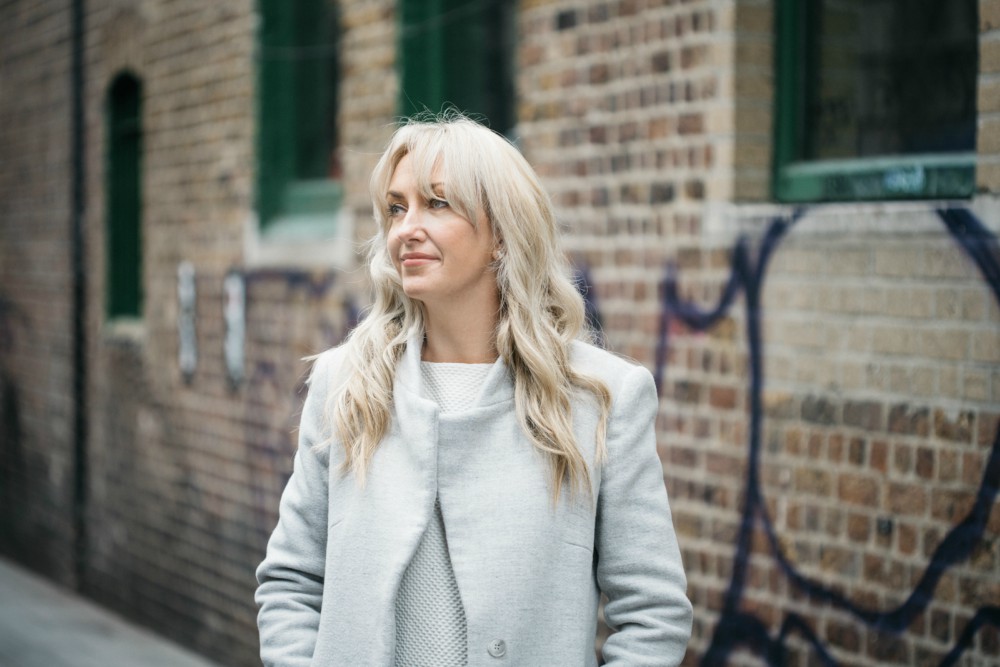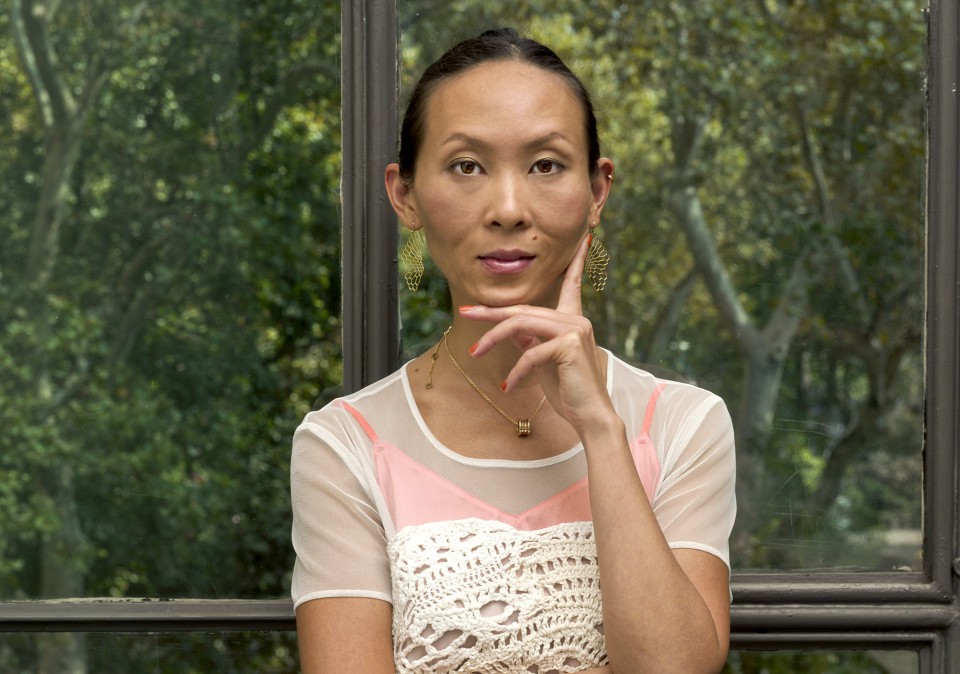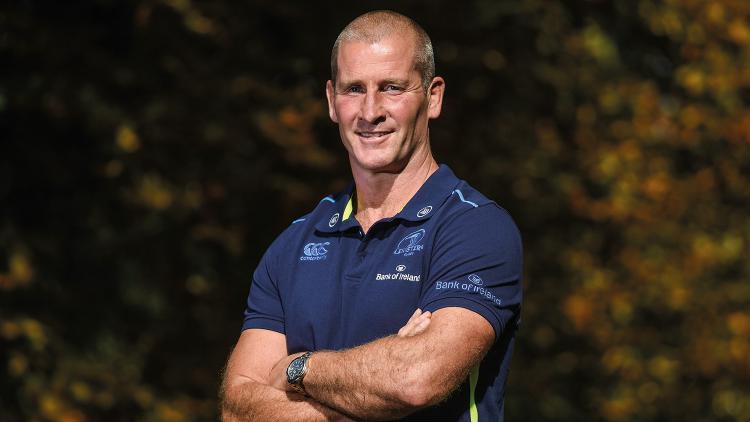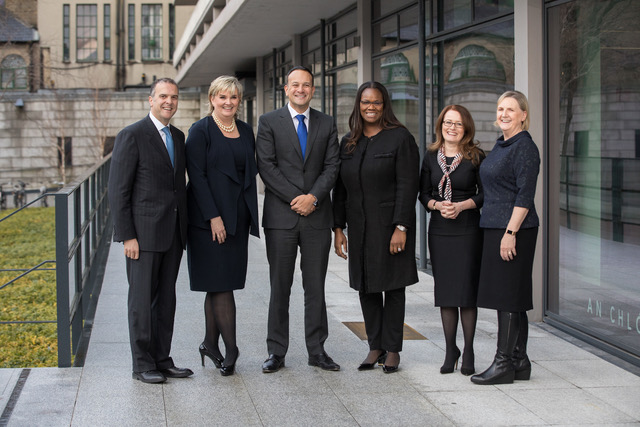Encouraging leadership from a feminist perspective, advancing Ireland’s MeToo movement and challenging toxic behaviour towards women? Orla O’Connor, Director of the National Women’s Council of Ireland (NWCI), tells us how.
“Often the focus is on what women need to do to get into leadership. It’s less of that,” said Orla. “Women have leadership skills but face barriers moving into leadership positions. When it comes to promotions, men are seen to have more skills and experience because along the way women were overlooked.”
One of the initiatives the NWCI runs is unconscious bias training, to build people’s awareness of biases, something Orla believes is really important in senior leadership. She also believes quotas are vital in women attaining positions they deserve.
“We led the campaign for political quotas. Along the way there were a lot of arguments, like ‘we can’t find the women’, ‘women need to do more training’. When the quota was introduced, it forced the political parties to look at internal structures and see what they needed to do. We had a significant breakthrough in the last general election. We know quotas work. We are at a point where the political parties would say they really helped, now we can start to see the results. I think they are important in business as well.”
“When it comes to promotions, men are seen to have more skills and experience because along the way women were overlooked.”
Stereotyping of women going forward for leadership positons in business is a big problem says Orla, addressing the cultural changes we need for parity.
“There are assumptions made about women, like that they’ll want to spend time at home with children, so they are not getting picked to maybe take on senior projects. That’s why the unconscious bias training is important. The gender pay gap emerges quite quickly when women enter work.
“We need a combination of things to happen to challenge this. In some areas, it’s about hard measures like legislative change, but it’s only one part. We have had equality legislation in terms of violence since the early 70s but we still have one of the highest instances of cases of women being discriminated against in pregnancy.
“It’s about mobilising women and the public to bring about the cultural change that’s needed. It’s about the position of care in our society. The need for the ‘Lean Out’ of men, men need to step up to the role in terms of caring and household responsibility, we haven’t seen that. Statistics clearly show that where there are more than two children in a family, it has no impact on men’s career pattern but has huge impact on women’s, whether they go part-time or leave employment.
“It’s about mobilising women and the public to bring about the cultural change that’s needed.”
“The provision of paternity leave is important, there needs to be a cultural shift in workplaces, an environment where it’s OK for men to leave early to collect their children.”
Getting equal numbers of women and men in leadership in every sector is hugely important to balance for better, says Orla.
“The low numbers of women, in particular in the expert category, especially in the media, finance and economic areas, needs to change. Women need to be equally represented, which is difficult when some women are struggling in a cycle of low paid work.
“Huge numbers of women are really struggling with accommodation. They are so insecure, particularly lone parents being made homeless and in emergency accommodation. For women in those situations there is nothing else – like for example leadership – they are in a day to day struggle, it’s hugely impacting on women. If you don’t have a home, you are not going to be participating in other areas in society. Ireland’s MeToo movement really only started last year. We are in period where women are talking about their experiences of sexual and domestic violence. It is the beginning of the cultural change we need.”
“Women need to be equally represented, which is difficult when some women are struggling in a cycle of low paid work.”
So, how can we empower young women to be agents of change?
“Young women are articulating so clearly their interests and needs in terms of leadership issues,” said Orla. “It was evident in the campaign for the 8th amendment and in the MeToo movement. Young women don’t just respond; they lead change. For example, the huge increase in registration to vote during the Repeal campaign showed their energy and commitment to the issue. Young women came out in droves and voted.
“We run a project called FemFest, in workshops all around the country we are talking to young women about what the issues are for them, who they see as leaders and who they aspire to. A lot of the narrative makes huge assumptions about young people, that they are snowflakes and it’s totally not the case. They decided Vicky Phelan was their role model. She is such a leader and someone who resonated with them because she is an ordinary person.”
“Young women don’t just respond; they lead change.”
So, as a society, how can we increase support for survivors of sexual abuse and challenge toxic behaviours?
Encouraging reporting sexual abuse and making it more acceptable to do so, as well as putting an end to victim blaming are needed, says Orla.
“The system has to be made easier to report abuse. One of the positive initiatives the government is carrying out is a review of criminal trials around rape. It’s about how we can support the person in that process.”
Orla believes gender stereotyping is a dangerous element that contributes to a culture of sexual violence and harassment.
“The system has to be made easier to report abuse.”
“The nature of criminal trials often means victims are asked what their part was. It plays into a larger societal piece of victim blaming – what were you wearing, why did you walk down the dark street. Victim blaming has to be tackled on a number of different fronts as it is a huge part of why we have such low reporting levels in this country of sexual and domestic violence.
“There is no one fix for this, it’s about a combination of pieces – society changing its views, having a more supportive reporting culture and the criminal justice system enabling that to happen, as well as government initiatives and legislation. We want the government to sign up to the Istanbul Convention, it sets really high standards on how to tackle violence against women. If you have strong leadership at government level, strong legislation, support for women who come forward to report and also strong sanctions for perpetrators, you’re sending a strong message that these are serious crimes and they will be treated as such. It takes the focus off the victim.”
One of the projects NWCI runs in collaboration with third level institutions is ‘It Stops Now’. They work with governing bodies, student unions and teaching staff on creating a zero-tolerance culture to sexual violence and harassment on campus. It is one of numerous campaigns on a wide range of issues on women’s rights run by the organisation to build the women’s movement in Ireland and balance for better.
Interview by Olivia McGill.





